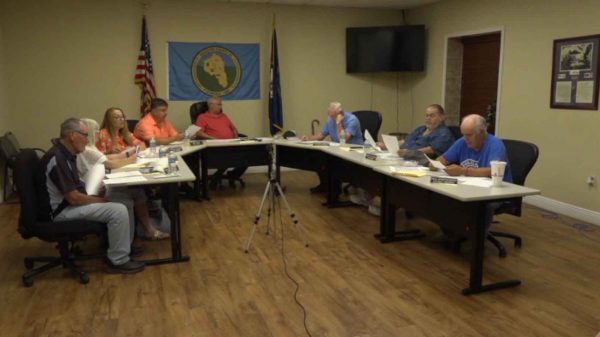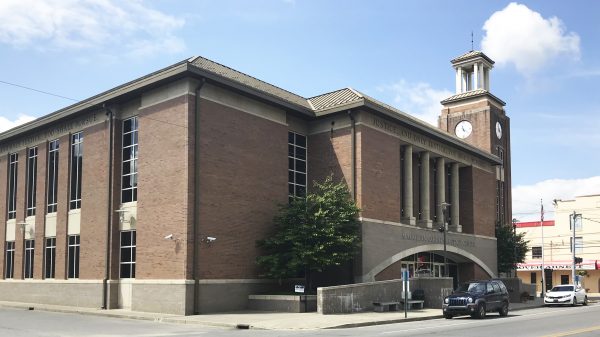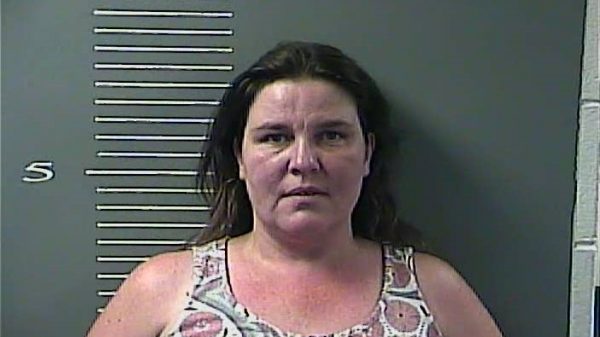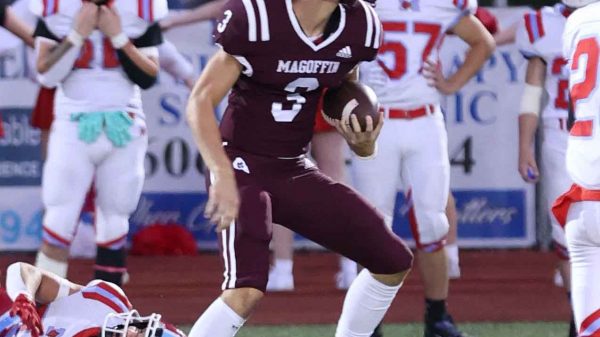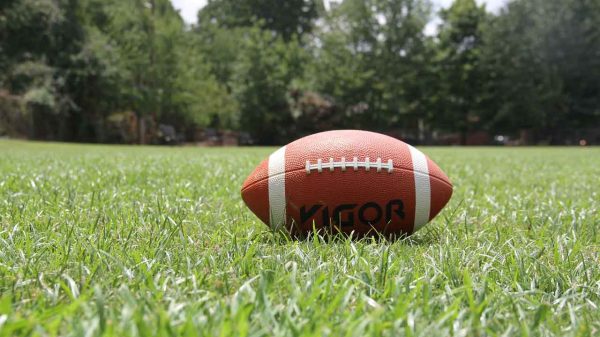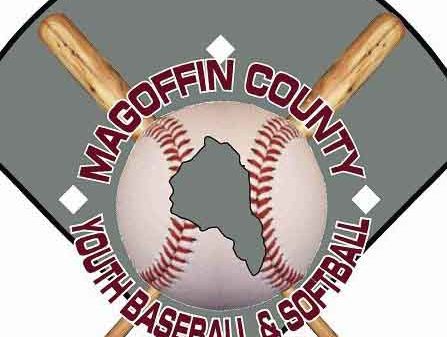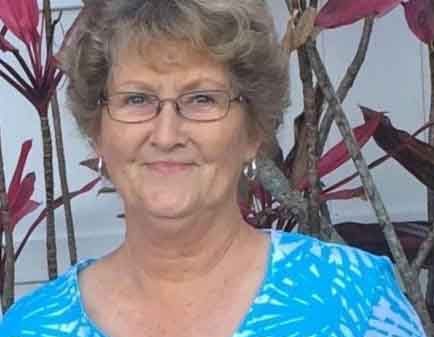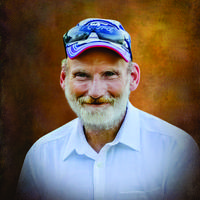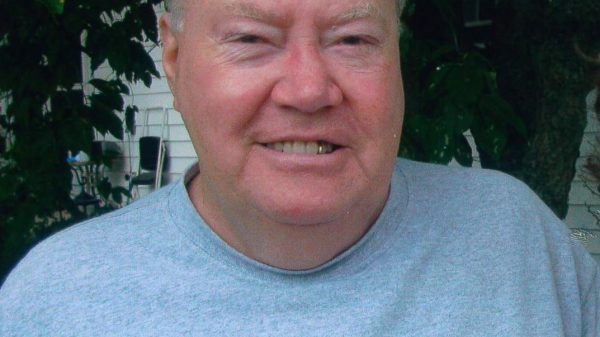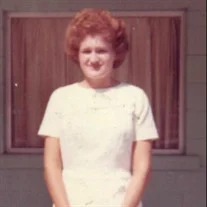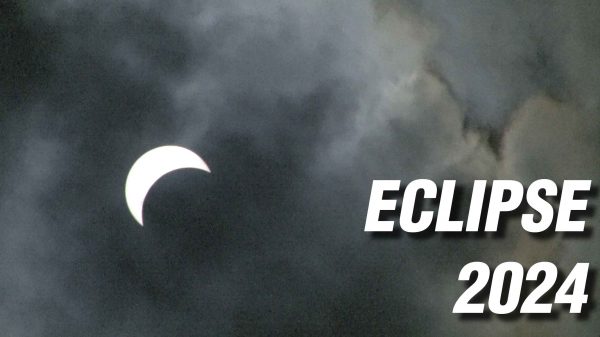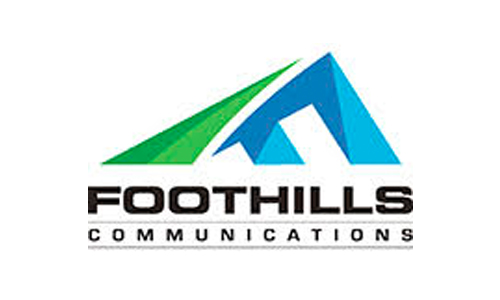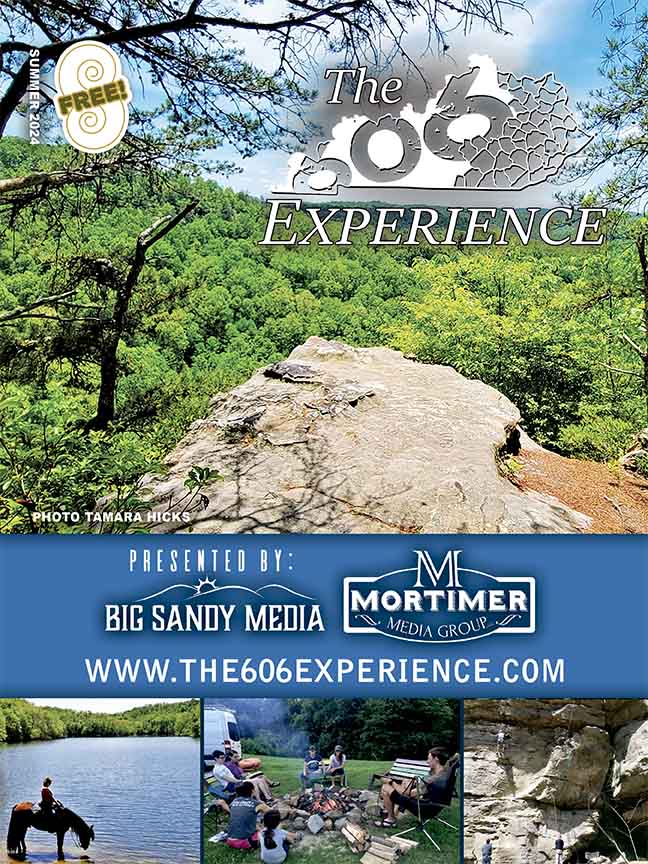Magoffin County High School senior Ashton Long is already making great strides in the cancer research field, even before graduating high school.
Last week, Ashton competed in the East Kentucky Regional Science and Engineering Fair, held in Prestonsburg, winning first in robotics and computer science, as well as best of high school, the Regeneron Biomedical Science Award and named as an overall International Science and Engineering Fair (ISEF) winner for the region. With this win, she is Dallas, Texas – bound for the International Competition.
Ashton is no stranger to the regional or international competitions, however, winning the region and competing in the international competition in Atlanta, Georgia, last year, as well. She has also won an Amazon Kentucky state award, and been a finalist at ISEF and at I-Form, held in Virginia. She is also a Rogers Scholar and the recipient of the Singletary Scholarship.
More impressive than the titles she’s won (so far) is the title of her project and what it can mean for the future of cancer research: A Computational Method of Utilizing Genetic and Epigenetic Information for Predicting Mutations in Colorectal and Pancreatic Ductal Adenocarcinoma Cancers.
And for that, we have to go back a couple of years.
During Ashton’s sophomore biology class, she said they were learning about genetic factors for diseases. She said she already was interested in research and the biology class, paired with family members being diagnosed with colon cancer, she was inspired to look into the biomarkers for cancer and how they could be used to predict the best treatments for individual cancer patients.
“After papaw was diagnosed with stage 1 colon cancer, it inspired me to look into studying cancer research, but I had to know how to code,” Ashton said.
The family influence became even stronger when her dad was diagnosed with stage 4 colon cancer, as well.
“It’s a terrible disease and I don’t want anyone else to have to go through that,” Ashton said.
With no local options for STEM mentors, Ashton went online, finding a virtual mentor program through the Junior Science and Humanities Symposium (JSHS). With JSHS, she was linked up with her my two mentors, Darrice Montgomery, with the University of Florida, and Dr. Mary Beth Galanko, through the U.S. Army Research Lab.
For the last two years, in addition to her normal classwork and all other school-related obligations, Ashton has been working with her mentors, meeting virtually with them weekly for status updates, learning how code and how to put in a data set, eventually developing her own algorithm, which is what she is presenting at the various science fairs through JSHS and ISEF.
Ashton said in cancer research they generally look at oncogenes and tumor suppressors, but recently she’s started seeing more research into the two novel biomarkers.
Her algorithm is unique to others in the cancer research field because it leverages those two novel features, allowing her to get positive and accurate results with a much smaller data set than algorithms used in the field currently.
“Cancer is always changing, so I wanted my algorithm to be adaptable with the data available right now so you’re not having to use old data sets,” Ashton said. “It can be used for various types of cancer, including colorectal, ductal and adrenal cancers.”
“We’re the first to ever use biomarkers for cancer identification algorithms to our knowledge,” Ashton said.
The research paper on her algorithm has been published in the Journal of Emerging Investigators, a process she said took eight months to get published.
With last week’s regional win, which places her on Team Kentucky, she said the judges were all excited for her project, stating they wanted to see what her project becomes in the next 10 years.
“It’s exciting,” Ashton said about presenting her project at science fairs. “I’m truly passionate about STEM in general and I’ve been able to work with middle school students to share my passion of STEM. We don’t have many STEM resources in Eastern Kentucky and I want people to know there are other opportunities out there.”
Ashton received a research grant through the U.S. Army Research Lab, which was generally for PhD candidates, but gave her access to normally expensive programs and the U.S. Army Research Lab database, which launched her project even further.
“Through all of this, I’ve learned that the future of cancer identification depends on researching different factors,” Ashton said. “They generally look at the mutations and oncogenes, but the biomarkers need to be explored. People are still being diagnosed with cancer and people are still dying with cancer. If we can identify the genes and pinpoint the treatment options they need, we can tailor treatment options for that specific patient.”
Interestingly, Ashton based her algorithm off of DORGE, an algorithm developed by professors at UCLA, but she happened to find something pretty important while performing a full analysis of their work.
“I noticed that a lot of their work was over correlating, basically canceling itself out, and I had already been talking to them back and forth already, so I called and told them where the problem was and the professor on the phone said, ‘I just got corrected by a 16-year-old. Ten years of work!’” Ashton told the Independent.
She said the UCLA group had been very supportive of her work, helping her navigate different algorithm methods, and were receptive when she told them of their error, telling her the tip was very useful.
Looking to the future, Ashton will be competing in the Kentucky Science and Engineering Fair later this month, and then in ISEF in Texas in May. After graduation, she plans to go to the University of Kentucky, majoring in biology, with the goal of becoming a doctor and continuing in the research field.
“I wouldn’t mind to travel and I don’t know where all of this will take me, but I want to help Eastern Kentucky with STEM resources,” Ashton said. “I want to inspire the next generation to go after their dreams and to know that, as long as you work hard, you can achieve anything you want.”
She is also only the second person to ever receive the prestigious UK Singletary Scholarship. Singletary Scholars receive full tuition for four years, a two-year housing stipend, admission to the Lewis Honors College, and are enrolled in a three-course mentored experience.
Ashton is the daughter of Sebrina and Michael Long, of Salyersville.

